Some years ago, I read a book entitled The God of Surprises. *
Today, I ask myself whether a book has ever been written under the title of: The God of Paradoxes!
This thought came to me as I read today’s gospel text (Mark 10:35-45).
The two apostles, James and John, are possibly the first to meet this God in Jesus.
They come to ask Jesus for something and, before voicing their request, they make it clear that they want him to grant them what they ask for!
What they want is places of honor in God’s kingdom – sitting at the right and the left of Jesus in his glory, no less!
Jesus’ answer is a reply they surely did not expect.
First, he asks them if they are ready to share in his suffering.
 Then, he tells them clearly:
Then, he tells them clearly:
“Whoever wants to become great among you must be your servant,
and whoever wants to be first must be slave of all”.
He assures them that this is his own way of life:
“Even the Son of Man did not come to be served, but to serve”. 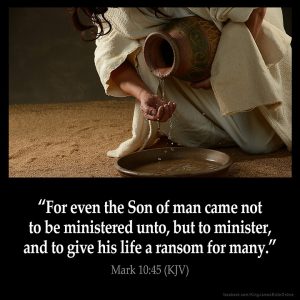
This is the lesson that the apostle Paul would also learn and pass on to the Christians of Corinth.
The message he had received from God telling him:
“My power is made perfect in weakness » (2 Corinthians 12:9-10).
Obviously, this is not what is prevalent in society today.
Examples are few of those who choose this lifestyle.
The advertising business certainly does not follow this approach.
Jesus’ words do not seem to have much appeal…
Greatness in service… Power in weakness…
Only God can make such choices, follow such strange paradoxical ways…
Ony God… and those who accept to follow his ways…
Would I dare to step on that path?…
* Author: Gerard W. Hughes
Note: Another reflection is available on a different theme in French at: https://image-i-nations.com/29e-dimanche-de-lannee-b-2024/
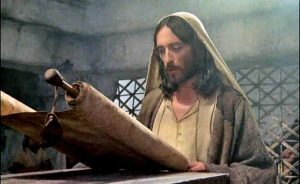 On this Sunday’s gospel text, we meet Jesus teaching in the synagogue, as he usually does on the Sabbat (Mark 6:1-6).
On this Sunday’s gospel text, we meet Jesus teaching in the synagogue, as he usually does on the Sabbat (Mark 6:1-6).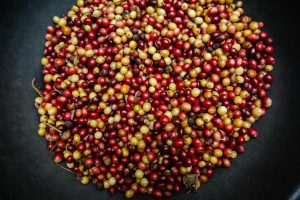 A for ABUNDANCE
A for ABUNDANCE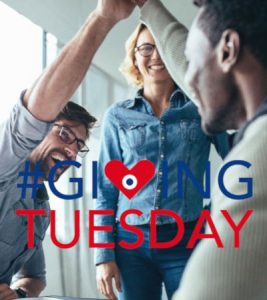 Giving Tuesday is a Movement that Unleashes the Power of Radical Generosity Around the World.
Giving Tuesday is a Movement that Unleashes the Power of Radical Generosity Around the World.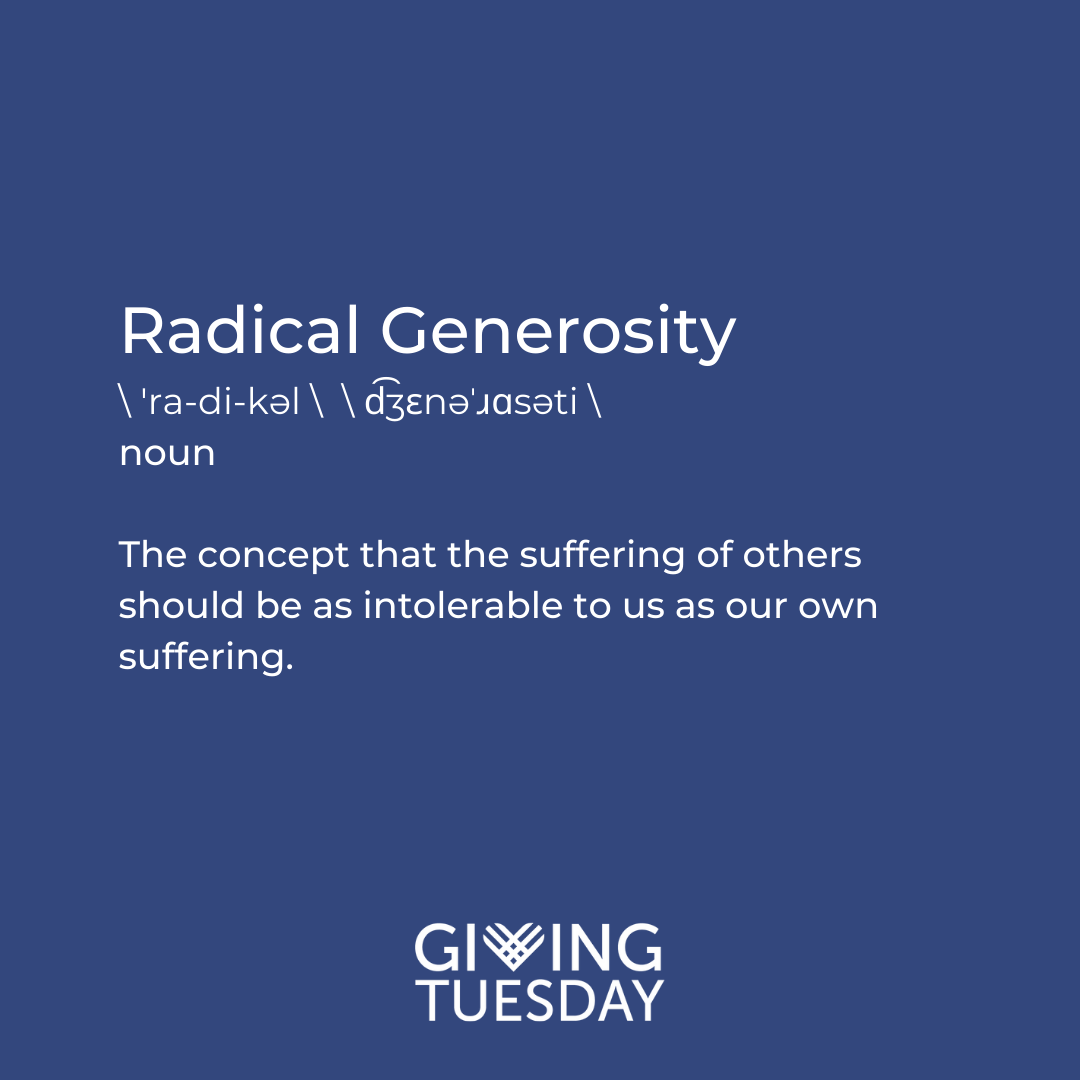
 “Sport has the power to align our passion, energy and enthusiasm around a collective cause. And that is precisely when hope can be nurtured and trust can be regained. It is in our collective interest to harness the tremendous power of sport to help build a better and more sustainable future for all. »
“Sport has the power to align our passion, energy and enthusiasm around a collective cause. And that is precisely when hope can be nurtured and trust can be regained. It is in our collective interest to harness the tremendous power of sport to help build a better and more sustainable future for all. »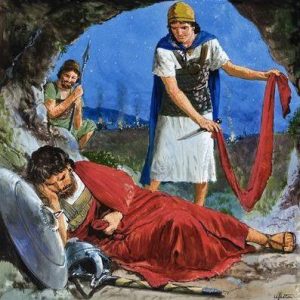 What we see in the text of the 1st book of Samuel is exactly the opposite (1 Samuel 26:2,7-9,12-13,22-23).
What we see in the text of the 1st book of Samuel is exactly the opposite (1 Samuel 26:2,7-9,12-13,22-23).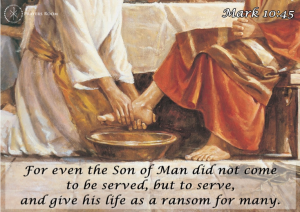 The answer, again, is given by Jesus himself:
The answer, again, is given by Jesus himself: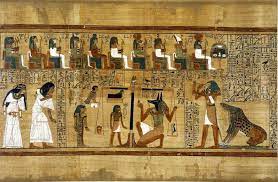

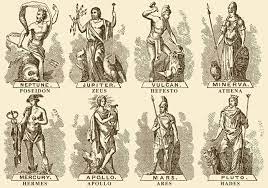
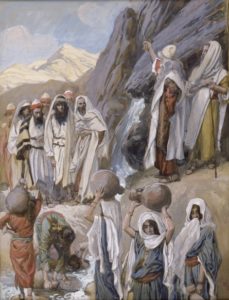 The 1st reading on this 3rd Sunday of Lent (Year A – Exodus 17:3-7)
The 1st reading on this 3rd Sunday of Lent (Year A – Exodus 17:3-7)  This is the meaning of the apostle Paul in the 2nd reading of this Sunday (5th Sunday, Year A).
This is the meaning of the apostle Paul in the 2nd reading of this Sunday (5th Sunday, Year A).